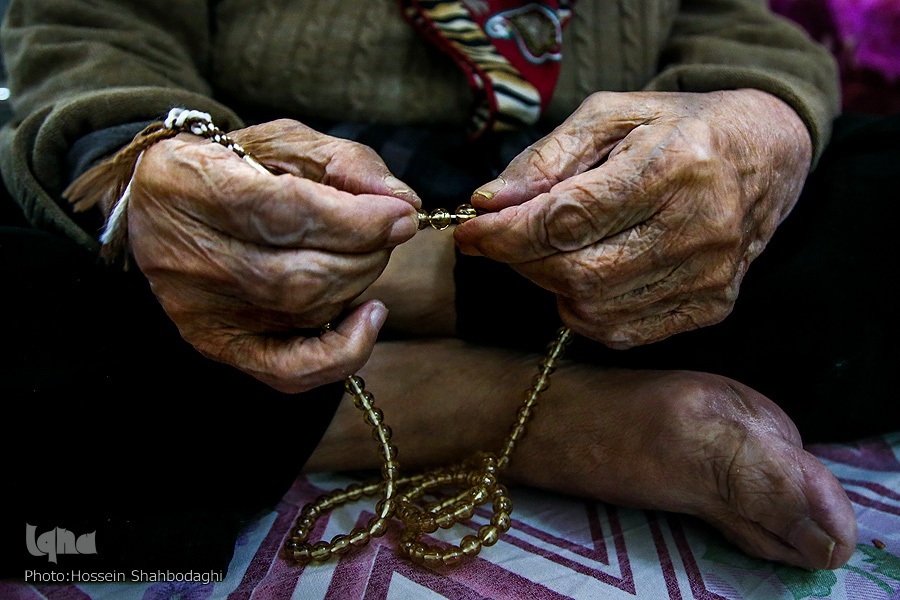‘For Older Persons, Feeling Useful Is as Vital as Food and Medicine’: Expert

Each year on October 1, the United Nations marks the International Day for Older Persons to draw attention to the needs and contributions of this growing age group. In Muslim-majority societies, where family ties are highly valued, experts say awareness of the psychological challenges of aging is especially important.
“Older persons face unique challenges compared to youth. Their struggles are often linked to physical decline, retirement, and reduced social interaction,” said Reyhaneh Fayyaz, a health psychologist, therapist, and university lecturer, in an interview with IQNA.
According to Fayyaz, midlife and early old age are often marked by what she called the “sandwich pressures.” At this stage, individuals may need to care for aging parents while still supporting children and grandchildren. “This dual pressure creates heavy psychological demands,” she noted.
Retirement adds another layer of difficulty. Many older people become less active after leaving work, and with reduced physical strength, their social interactions may also decline. This can lead to isolation and feelings of emptiness, added the expert.
Read More:
Fayyaz pointed to the importance of maintaining and renewing social networks. “One of the best protections against depression and feelings of worthlessness is to preserve social support. If old networks are lost, new ones should be created.”
She encouraged older people to stay connected by joining community spaces such as mosques, local clubs, or charity groups. “These networks help maintain vitality. Losing them, by contrast, can even harm physical health,” she said.
A recurring theme in her remarks was the importance of usefulness. “In late middle age and early old age, one of the deepest psychological needs is to feel needed and capable,” Fayyaz said. She explained that many older persons, especially those without close family, risk feeling abandoned after retirement.
Practical solutions can restore this sense of value. “In some countries, grandparents are invited into schools to share stories or teach skills. This not only benefits children but also gives older persons renewed purpose,” she said.
Read More:
Fayyaz urged families to actively appreciate the contributions of older relatives. “Reminding an older person of the blessings in their life — such as successful children or the wisdom they have passed on — prevents the common depression of this stage,” she said.
She warned against stripping elders of independence by overmanaging their lives. “A common mistake is taking away their authority at home in the name of care. Once they lose the ability to manage daily tasks like cooking or running a household, their health can quickly decline,” she cautioned.
The psychologist highlighted that Islamic culture already provides advantages for aging with dignity. Mosques, community gatherings, and extended families create natural opportunities for older persons to remain engaged. However, she said families must avoid reducing care to only physical needs. “Attention to mental health makes physical struggles more bearable,” she stressed.
4308019



